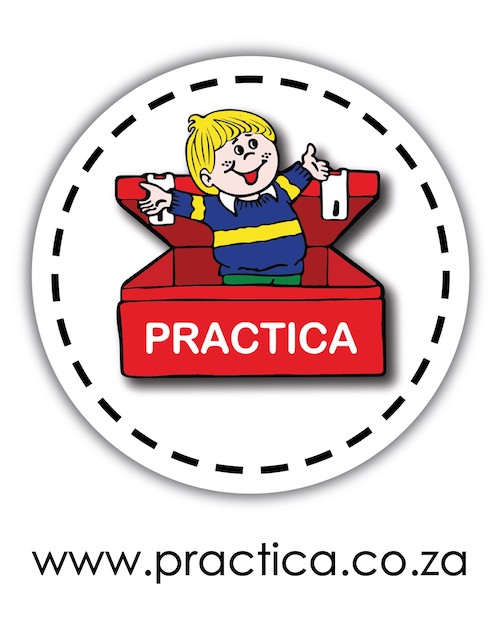Many parents wonder why they should teach their children ‘respectful’ behaviour before the age of 7-8, which is when they really only start to understand the concept of ‘respect’.
For example, why force a two-year-old, who is at a very difficult stage socially, to say ‘please’ and ‘thank you’ when they don’t understand the words? Is that not being unreasonable? Surely, children who grow up in an environment where other people are being considerate to them will eventually choose to turn into considerate human beings – when they are good and ready to do so?
It’s a case of which came first, the chicken or the egg? In other words, does a child have to understand respect in order to behave respectfully?
Well, in our research we have found three important reasons to strive to teach our children to be as well-mannered as is reasonably possible from early on. Firstly, acting respectfully leads to being respectful; secondly, good manners help pave the way to a higher EQ; and thirdly, manners teach self-control which leads to success.
1. Acting respectfully leads to being respectful
Parents who put manners on the back burner until their child is old enough to develop his own convictions about the matter, usually find themselves in a rather precarious situation.
The reality of the situation is that it becomes difficult for the parents and others in their child’s life to act as if their child is a blessing and a joy to be around if he’s running around like a self-centered mini-dictator … no matter how understanding they try to be.
On the other hand, approving smiles, appreciative looks, and positive comments from parents and other people can have an almost miraculously positive impact on a child’s developing self-concept. It therefore makes sense to teach a child to be pleasant and courteous to people, even if he doesn’t really yet understand the concept underlying this behaviour.
Then, by the time a child is old enough to truly understand what respect means, he will be used to thinking of himself as a ‘nice boy’. Then, acting in a way that is contrary to this will be unthinkable to him.
2. Good manners help pave the way to a higher EQ
Just like a child can be born with an amazing aptitude of music or sport, which may never be realised due to lack of opportunities, a child can also be born with the potential to develop a high emotional intelligence (EQ) and never reach this potential due to lack of guidance.
One of the most important components of EQ is a person’s ability to effectively ‘read’ what other people are feeling and respond accordingly. Since having good manners is in essence about being sensitive to the needs and feelings of other people, teaching manners is a wonderfully practical way to help your child develop his emotional intelligence.
3. Manners teach self-control which leads to success
Dr Walter Mischel, a psychologist specialising in personality theory and social psychology, led a study between 1968 and 1974 at Stanford University that involved more than 600 children, who were on average 4½ years old.
Each child was filmed as he or she was left alone in a room with a one-way-mirror for 15 minutes … with a marshmallow on a plate in front of them. Before leaving the room ‘to run an errand’, the doctor explained that the child was allowed to eat it, but if they could wait for him to return, they would be rewarded with a second marshmallow.
Only one-third of the children were able to wait for his return and the reward of an extra marshmallow.
Those who demonstrated the greatest capacity to wait ended up, in subsequent years, with better outcomes. Follow-up studies revealed that these children scored higher in achievement tests and were more likely to finish college. They also dealt with stress better, were more popular with their peers and less likely to develop substance abuse problems.
In light of this, it is critically important for a child to develop the ability to delay gratification and control his impulses during the early years.
Instead of leaving it up to our children to figure out for themselves how they should behave, parents should be present to direct and influence their child’s behaviour from early on.
Self-discipline doesn’t spring up overnight, so we need to start early.
Our expectations will naturally change as our children grow older, but the basics stay the same: consistently say ‘no’ to your child when he does something undesirable or oversteps boundaries, encourage him to try again when he is frustrated by a challenging task and remind him to mind his manners in various situations.
This article is written by:

The Practica Programme is a comprehensive research- and play-based home programme.
This unique system has stood the test of time since 1993, and it comprises of a wooden box with specialized apparatus, parents’ guides, an advisory service and educational newsletters.
From birth to 23 months of age, parents choose from a balanced selection of more than 1000 activities to develop the 14 fundamental skills age-appropriately.
For children between 2 and 7 years, the 50 school readiness skills are divided into 6 groups and tackled systematically, year by year, with 10- to 20-minute games that can be adapted to a child’s level of functioning.
















Leave a Reply